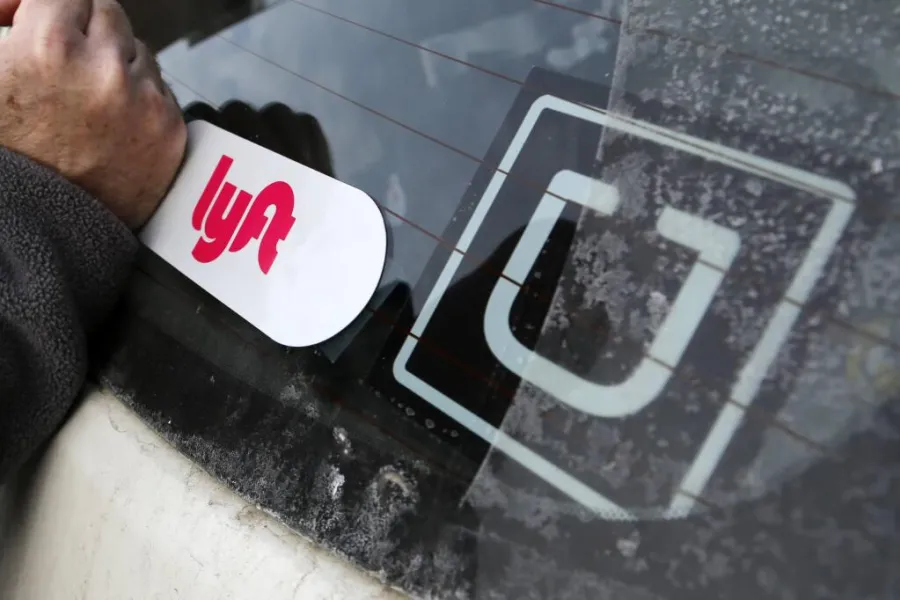Close to Home: Prop 22 undermines rights for ‘gig’ drivers

App-based Lyft, Uber, DoorDash, Instacart and Postmates are sponsoring Proposition 22, spending a record-shattering $185 million to write their own rules.
The Press Democrat recommends a yes vote on Proposition 22, claiming that public interests are best served by preserving flexible hours, variable schedules and extra income earned by independent contractors in the “gig economy.”
The labor movement urges voters to reject Proposition 22.
Proposition 22 aims to overturn AB 5, legislation that built on a unanimous state Supreme Court decision that required app-based companies to reclassify drivers and delivery workers as employees, and hence entitled to minimum wage, overtime, paid meal, rest breaks, sick leave, unemployment, workers’ compensation, anti-discrimination and health and safety protections, and the right to organize a union.
If Proposition 22 is approved, drivers and delivery workers for app-based tech companies won’t receive these state-mandated benefits and protections. Moreover, it will exempt these companies from contributing to Social Security, unemployment insurance and Medicare.
Proposition 22 would also deepen the racial crisis and intensify occupational segregation. A UC Santa Cruz study found that half of the workers employed by app-based transportation and delivery companies in San Francisco were immigrants, 4 out of 5 were workers of color, a majority work full-time, half support other adults and a third support children.
The Los Angeles Times reports that these companies enjoy a near monopoly for their services. Don’t be fooled by their claims, splashed across TV and the internet, that Proposition 22 would guarantee drivers $21 an hour, calclated as 120% of the state minimum wage plus tips. According to the UC Berkeley Labor Center, when unpaid waiting time, reimbursement for vehicle maintenance, insurance and other loopholes are factored in, pay guaranteed by Proposition 22 is $5.64 an hour.The rideshare and delivery companies’ business model is just another form of precarious employment and worker exploitation that maximizes profits at workers' expense. Fixed costs for owning and operating a vehicle are shifted to misclassified independent contractors. Companies set the rates and receive 25% or more from each ride or delivery.
The growth of contingent employment — low-wage, part-time, often temporary and frequently contracted out — is a major cause of California’s staggering economic inequality, comparable only to the Great Depression.
The app-based transportation and delivery industry should play by the rules like every other business, promote an equitable and sustainable economy and not create poverty-wage jobs without worker safety-net protections.
Martin Bennett is a research and policy associate for UNITE HERE Local 2850. Jack Buckhorn is executive director of the North Bay Labor Council.